Ukrainians reunite in Australia in shadow of major POW release
Oscar Jenkins provides Russia with ‘unpredictable’ propaganda value, Ukrainian ambassador warns, hailing the release of more prisoners of war.
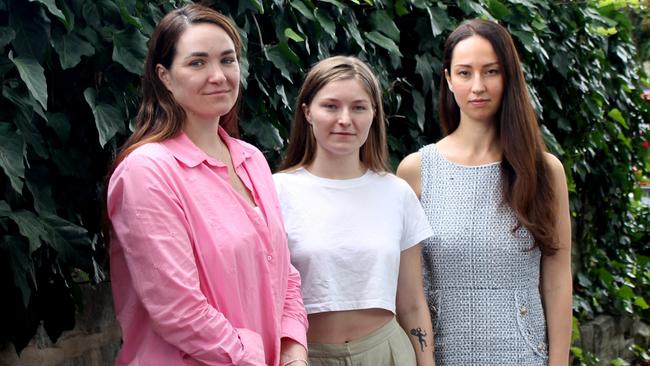
Ukrainian diplomats and community leaders are hopeful a New Year’s Eve prisoner exchange between Russia and their homeland may pave the way for the release of captured Australian Oscar Jenkins.
The swap in northern Ukraine on Monday was the 59th since the conflict began in 2022, with 187 soldiers from either side returned along with two civilians.
It brings the total number of freed Ukrainians to 3956, with 1358 released in 2024 according to Ukraine’s ambassador to Australia, Vasyl Myroshnychenko.
With Mr Jenkins captured by the Russians last week after months fighting for Ukrainian forces, Mr Myroshnychenko told The Australian that he had renewed confidence the former Melbourne Grammar boy could be exchanged in a future POW swap.
“It gives me hope that we will get Oscar Jenkins exchanged as well. However, there is no kind of clear timeline of when and how that will happen,” he said. “It gives me confidence that we have a clear mechanism for exchange, and we have successfully approved it many times now.”
Mr Myroshnychenko agreed Mr Jenkins had tangible propaganda value to his Russian captors. “The fact that that video (of his capture) was released means he’s already part of the Russian propaganda,” he said.
“They want the world to see it. A lot of the prisoners get sentenced in Russia for whatever crimes that Russians may want to decide to assign those people.”
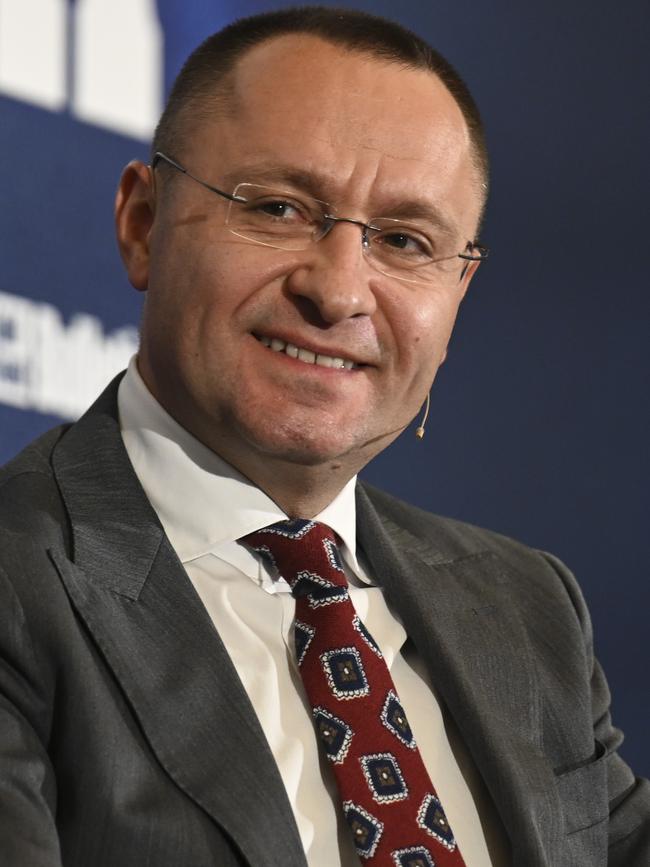
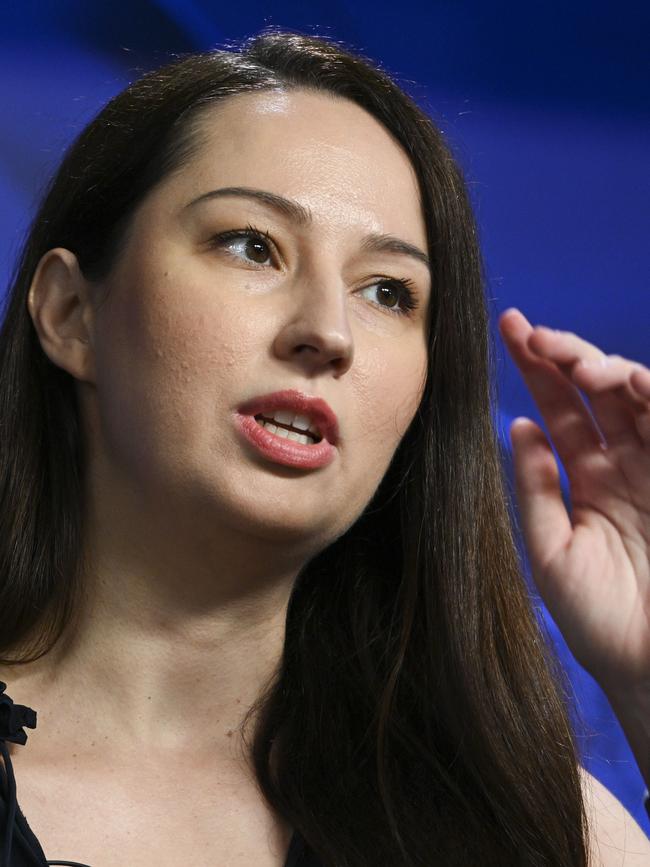
Australian Foundation of Ukrainian Organisations co-chair Kateryna Argyrou also said the release, mediated under secrecy by the United Arab Emirates, set a clearer diplomatic pathway for freeing other prisoners of war.
“What we’ve seen in the past is that the Russians are quite unpredictable,” Ms Argyrou said.
“Sometimes they want a public show, they want to spin their message, their propaganda in the media. How they would use Oscar in this case, I don’t know, whether they would have a fake show trial, (or) whether they use the global platform that’s already been created because of his video … to spin their message and get some sort of propaganda across more widely.”
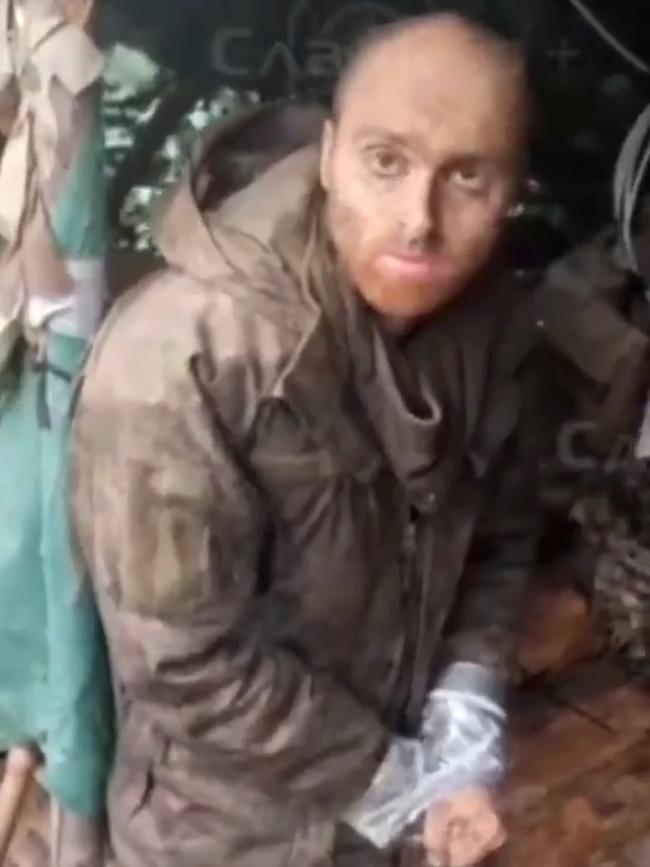
Another reunion for a Ukrainian family torn apart by the war took place in Australia this week, as displaced Ukrainian Kateryna Odarushenko was reunited with her younger sister Yelyzaveta “Liza” Komar in Sydney.
Kateryna, Liza and their sister Valentyna, all hailing from Kyiv, were separated after the Russian invasion. Kateryna and Valentyna initially fled to Poland and eventually settled in Australia on humanitarian visas.
“You think it’ll just be three months and we will come back home, because we had everything. We had a good life, job, we had friends, we had a home, and one day you just understand you need to leave everything and move on, because you need a safe life,” Kateryna, 36, said.
“I like this country. I really love it, but it’s not my home.”
Liza, 24 opted to stay and enlisted in the Armed Forces of Ukraine as a combat medic. She said her stint of leave from the frontline felt “surreal”.
“It felt like I was travelling back in time, because when I saw my sisters, it was like I saw them just like they were before the war,” Liza said with the aid of an interpreter.
“I got used to the video contact we’ve had over the past few years, but when we physically saw each other, it was like we just jumped back to the peaceful times.
“I’m under a lot of stress. It’s very mentally exhausting. It’s also very mentally traumatising … but people can adapt, and I have adapted to life at war.”
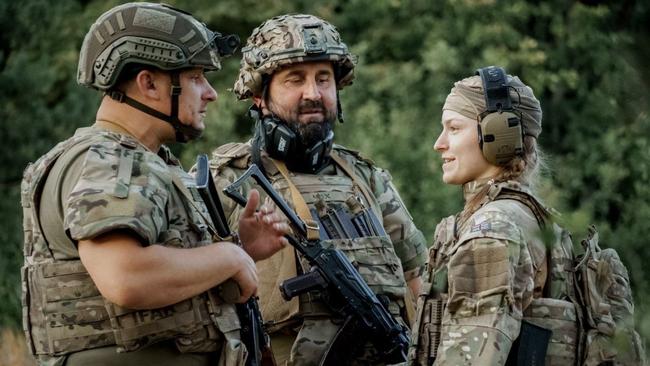
Liza had served with a number of foreign nationals who enlisted with the Armed Forces of Ukraine, commending their efforts as she celebrated the return of captured comrades.
“It’s very pleasant news, and it’s great to see, especially taking into account what I’ve heard,” she said.
“My female friends that were defending Azovstal, I heard the stories first-hand from them, what conditions they were in and what they were subjected to … how they come out physically changed.”
Mr Jenkins’ release will be complicated by a wave of soldiers captured by Russia in its sweep through the Kursk frontline, along with Kremlin policies reportedly incentivising the capture of foreign nationals among its intelligence agencies, given the greater leverage they provide to negotiators.
UN Rapporteurs have repeatedly described “widespread and systematic” torture in Russian prisons housing POWs.
“When I saw the video, what really struck me was that Oscar was speaking in Ukrainian, which means that he took the time to learn the language,” Ms Argyrou said.
“Knowing how ruthless the Russians are, Oscar wasn’t afraid to speak his mind and say “I’m here because all I want to do is to help Ukraine”.
“Oscar would have been living under very difficult conditions there. It was evident he was covered in mud, had his hands tied, was sleep-deprived, stressed and on top of all of that he was being physically and verbally abused. Those are all the things that really upset me because I have seen it so many times before.”


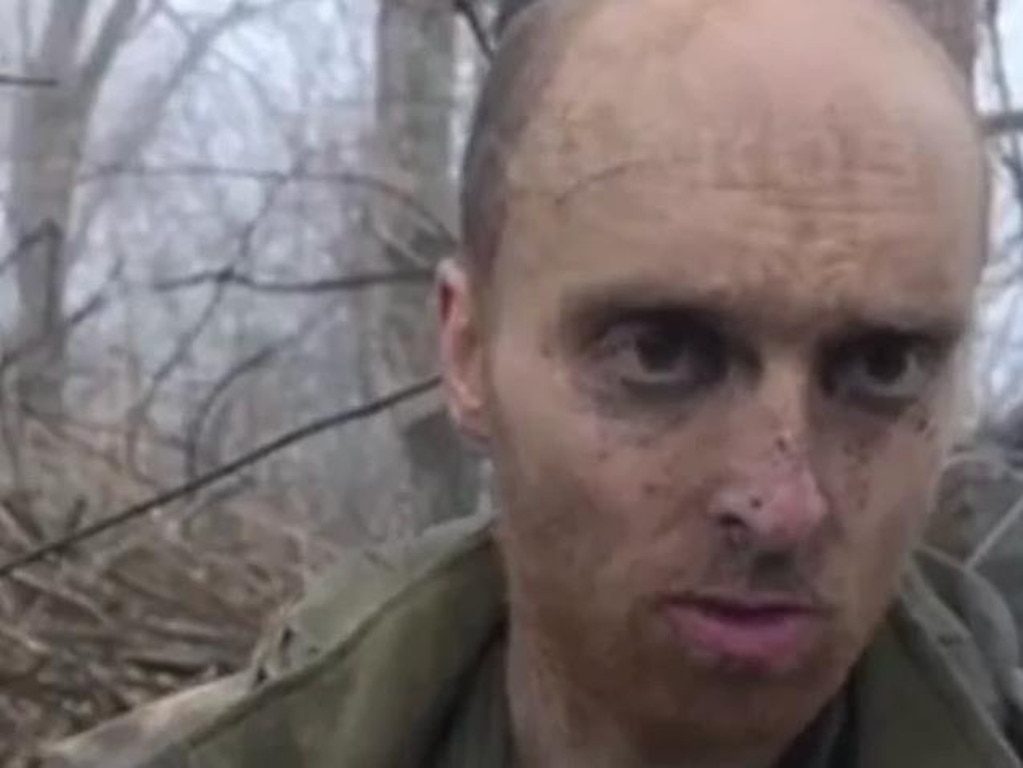
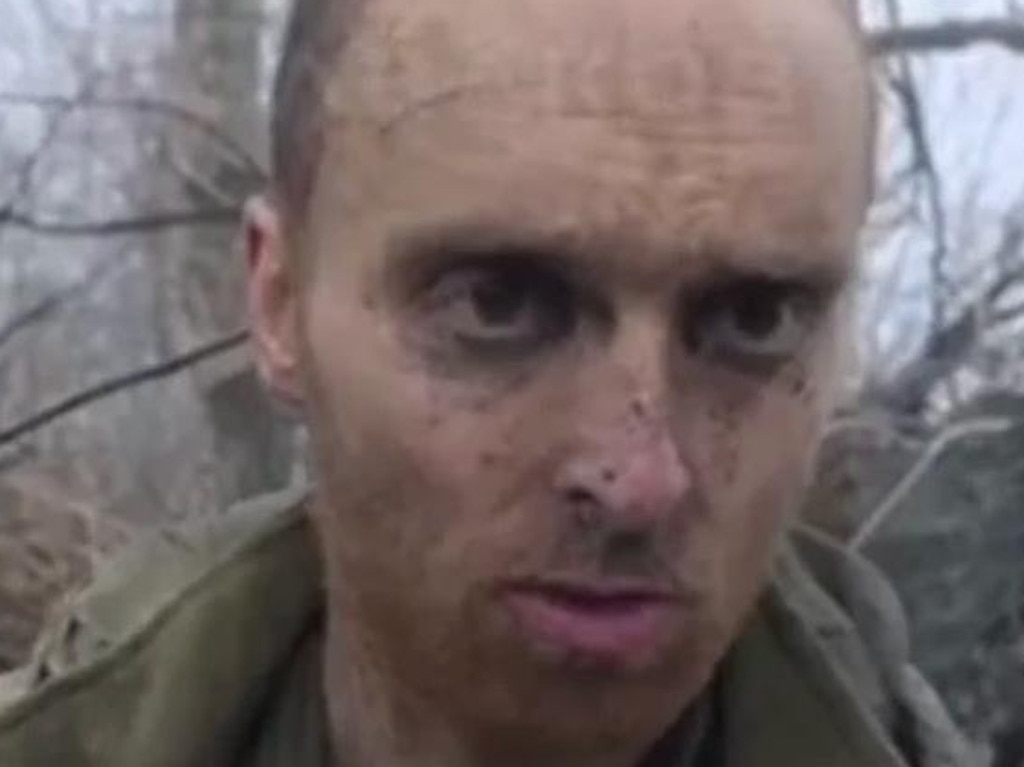


To join the conversation, please log in. Don't have an account? Register
Join the conversation, you are commenting as Logout